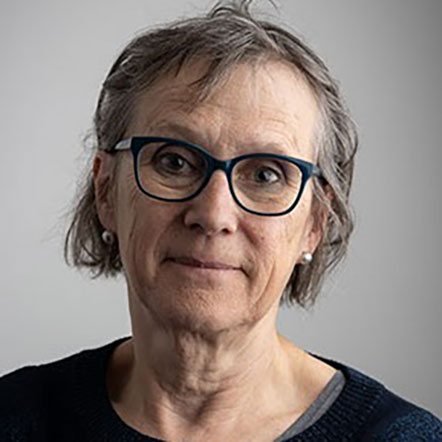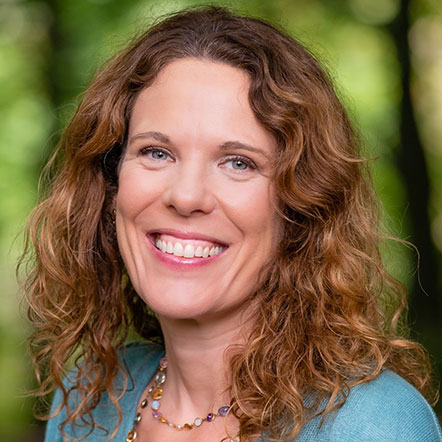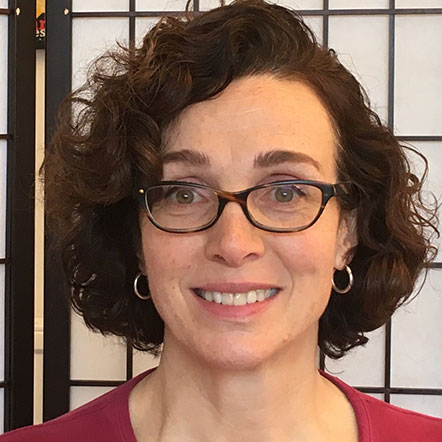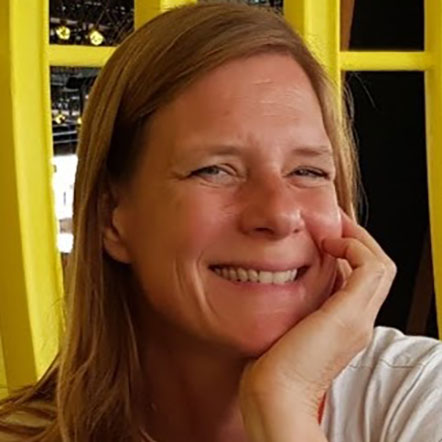The nature of humanitarian and development work is physically, emotionally and mentally demanding. In today's frantic world, mental wellbeing is more important than ever and if you’re working in challenging situations, protecting your wellbeing and resilience must be a necessity.
This unique course is designed to enhance your understanding of mental health in crisis settings, build a self-care practice, as well as personal and collective resilience. From mastering the fundamentals of providing psychosocial first aid and support to ways to deal with stress, trauma, loss and grief, this course ensures you have the skills to take care of yourself and others.
Led by national and international experts in the field, this course will be an outstanding addition to your CV.
Next dates to be announced soon.
Venue: Online via Zoom






